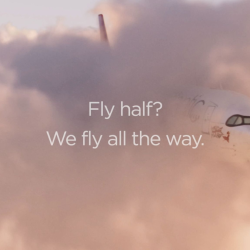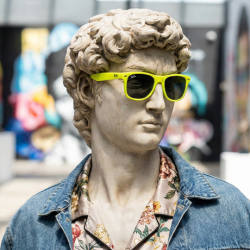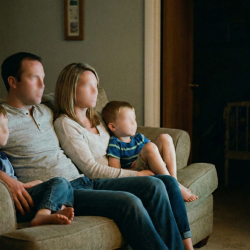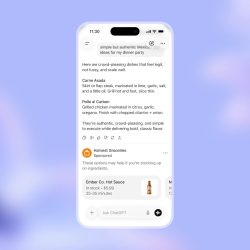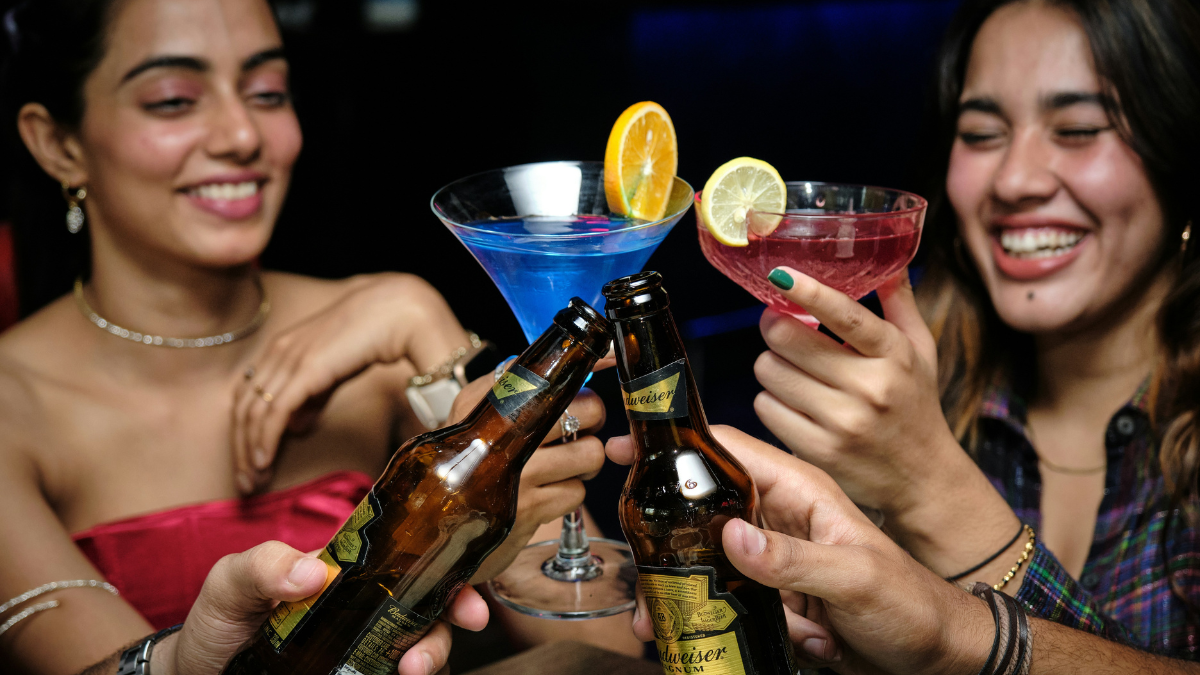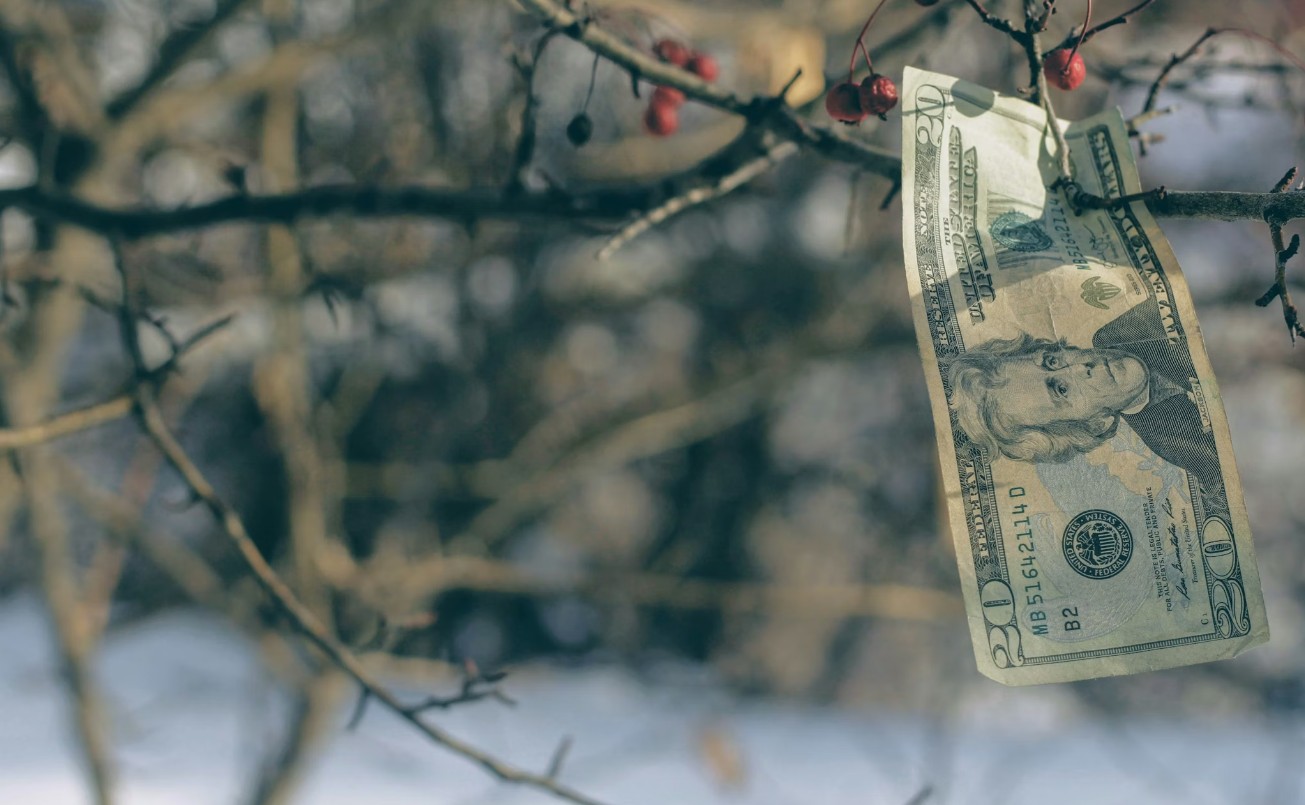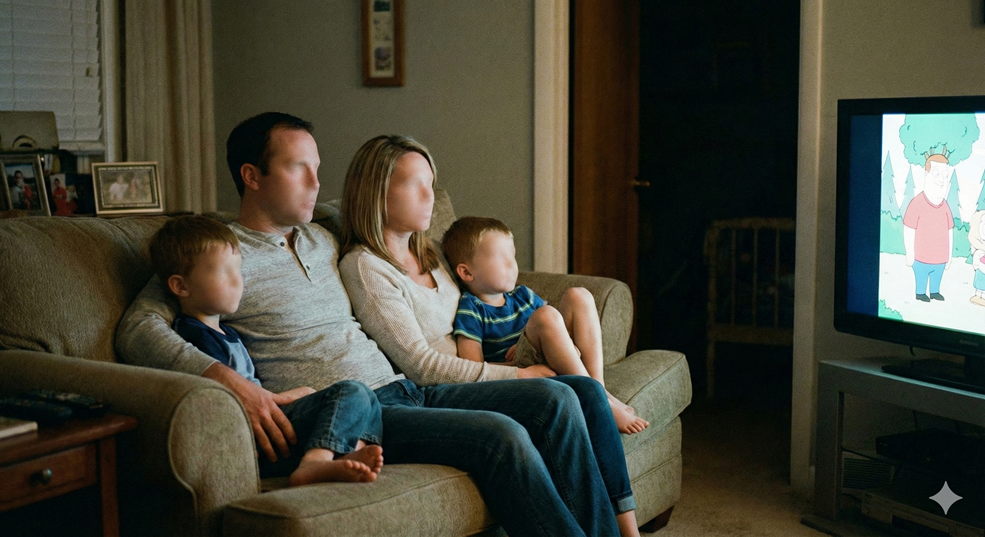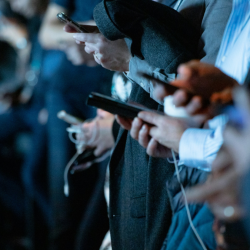Gen Z has been described as the sober generation. Wellness culture, increased social alienation and rising costs have all fuelled the idea that young adults are turning their backs on alcohol. But new research suggests the reality isn’t so clear cut.
A global study by IWSR, based on more than 26,000 people across 15 markets, shows alcohol consumption among Gen Z — those born between 1997 and 2012 — is rising. Among legal-drinking-age zoomers, 73% said they had consumed alcohol in the past six months. That’s up from 66% two years ago. In the UK specifically, the jump was even sharper, rising from 66% to 76%.
It marks the biggest increase of any age group in the study. But Gen Z still drinks less overall than older adults across all generations, of whom 78% reported drinking in the past six months. Even so, the findings challenge the idea that young adults are walking away from alcohol.
IWSR’s Richard Halstead, COO of Consumer Insights, says much of the previous decline in drinking was shaped by circumstance, not by a fundamental rejection of alcohol.
‘With every year that passes, more Gen Z drinkers are entering the workforce, and those already in the workforce are typically earning more. I think we should expect that, as their incomes rise, they will drink more often — just as millennials did before them,’ he says.
Halstead adds that alcohol consumption has always been closely linked to disposable income and Gen Z came of age during a cost-of-living crisis, with sharp price rises hitting the bars and restaurants where young adults are most likely to drink.
‘Rising prices have been especially acute in bars and restaurants — places that appeal most to Gen Z drinkers,’ Halstead says. ‘Moderation has been a growing trend among all drinkers for several years, but the idea that Gen Z are somehow fundamentally different from other age groups isn’t supported by the evidence.’
It’s the kind of data that will be welcome news for the drinks industry, which has spent the past few years trying to woo younger consumers. Faced with falling sales volumes, brands have poured money into no- and low-alcohol ranges and culture-led campaigns designed to make their products relevant to a more health-conscious generation.
The rise of alcohol-free brands like Heineken 0.0, Guinness 0.0 and Lucky Saint is just one part of that story. Global players like Diageo and Pernod Ricard have also invested heavily in premium spirits, botanical infusions and experience-led marketing — from festival partnerships to influencer collaborations.
Some efforts have been more experimental. The ‘Absolutely Heinz’ campaign — a tie-up between Absolut Vodka and Heinz — turned a vodka pasta sauce into a viral hit after model Gigi Hadid’s penne alla vodka recipe lit up TikTok. The limited-edition jars sold out quickly and became a talking point well beyond traditional drinks marketing.
But while the latest IWSR numbers hint at progress, the reality is more nuanced. Despite the recent uptick, Gen Z still drinks less than older generations.
According to a study by Drink Aware, the proportion of 18 to 24-year-olds who do not drink increased from 14% in 2017 to 21% in 2023. By comparison, the figure has remained relatively stable among the rest of the population, at around 13%. The same study reported that young adult drinkers are less likely than the rest of the population to drink alcohol at least once a week (46% vs 56%).
Broader trends like Dry January and Sober October have made temporary abstinence increasingly popular among non-teetotallers, and the rise of functional wellness drinks and energy drinks continues to reshape how young adults socialise.
Even those who do drink tend to do so more mindfully. IWSR’s study found Gen Z is more likely to opt for spirits and to explore a broader range of alcoholic beverages — another sign that variety, moderation and premium choices are defining drinking habits among younger consumers — and reshaping how drinks brands need to show up.
Main image by Himanshu Choudhary on Unsplash.



